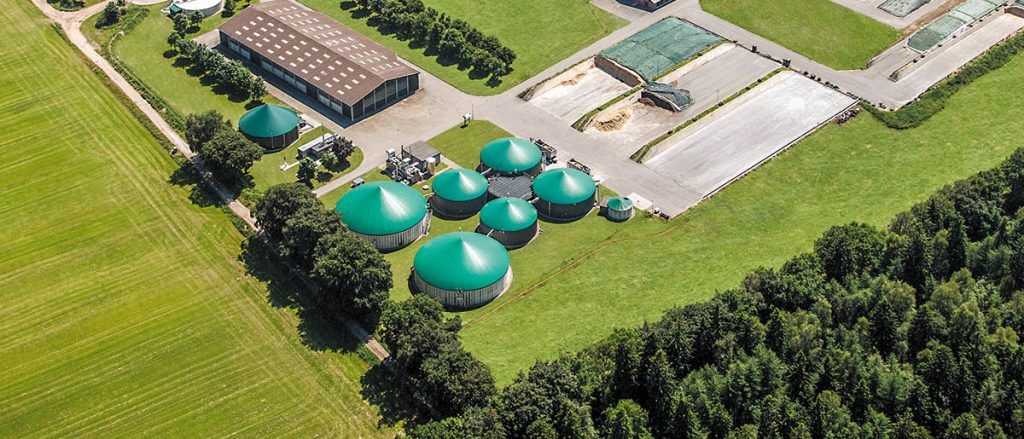
BIODEGRADABLE WASTE, BETWEEN THE SMALL WISHES OF INVESTORS AND THE BIG IGNORANCE OF AUTHORITIES
According to the underestimated data as reported to Eurostat, Romania's population generates more than 5 million tonnes of waste annually, of which about 3 million tonnes is biodegradable waste, and 90% of it ends up in landfills. The processing of this type of waste in compost or biogas plants is blocked by the lack of a real landfill tax and by a legislation that discourages any initiative in this domain. About biodegradable waste, circular economy and legislation in Romania, we talked to one of the best known specialists in the field, Horia-Matei Bărdeanu, CEO of Genesis Biopartner and founding member of the Coalition for the Circular Economy.
ecologic: There is a lot of talk about packaging waste and electrical and electronic waste in the context of transition to a circular economy. What place does biodegradable waste have in this new type of economy?
Horia-Matei Bărdeanu, CEO of Genesis Biopartner: Biodegradable waste should have a fairly high share in the circular economy because it represents more than 50% of all waste, according to European statistics
There is a technical flux for synthetic products such as plastics, alloys, rubber and others, but there is also a biological flux. This biological flux is the natural flux. It is a model we all take inspiration from, and it underpins the circular economy: the nutrient flux.
Basically, we should use, recycle, recover, reuse and give back to nature everything we take from the earth. In Romania we have neglected this biological flux, because waste management policies have not focused on the biodegradable part, particularly the fraction of municipal waste. No less than 60% of municipal waste is biodegradable waste, for which we are still trying to do something, and the subject has only just begun to be discussed here, after being widely promoted at European level.
It seems that only in 2021, after long delays, we will slowly attempt to direct biodegradable waste to specific anaerobic digestion or composting plants. Romania generates 3-4 million tonnes of biodegradable waste per year from the population alone, which ends up in landfills.
ecologic: What are the effects of landfilling biodegradable waste?
Horia-Matei Bărdeanu: The effects are very well known. I will remind you of just a few of them: pollution, unpleasant smells, maintenance of landfill fire - and think how often we see in the news that another landfill has caught fire, another mobile landfill has caught fire and so on - we are talking about gas emissions, CO2 emissions, global warming and so on. All of them are closely related. Fortunately, nowadays we have the possibility to solve these problems by separate collection, by treatment, by recovery in the specific plants such as anaerobic digestion plants, better known as special biogas plants or, why not, in composting plants.
There are now biogas plants in Romania, although not enough, which use biodegradable waste as feedstock for the production of biogas, which is then used to produce electricity and heat in high-efficiency cogeneration plants. Biogas plants that do this are a model of best practice and circular economy, because the waste does not end up in landfill, does not emanate as much bad smell or carbon dioxide. Biogas plants accomplish two things: firstly, energy recovery and, secondly, production of superior organic fertilizer. It is said that in Romania we have over 100.000 hectares of land which tends to become desert. Under these circumstances, I ask you: do we not need fertilizers?



